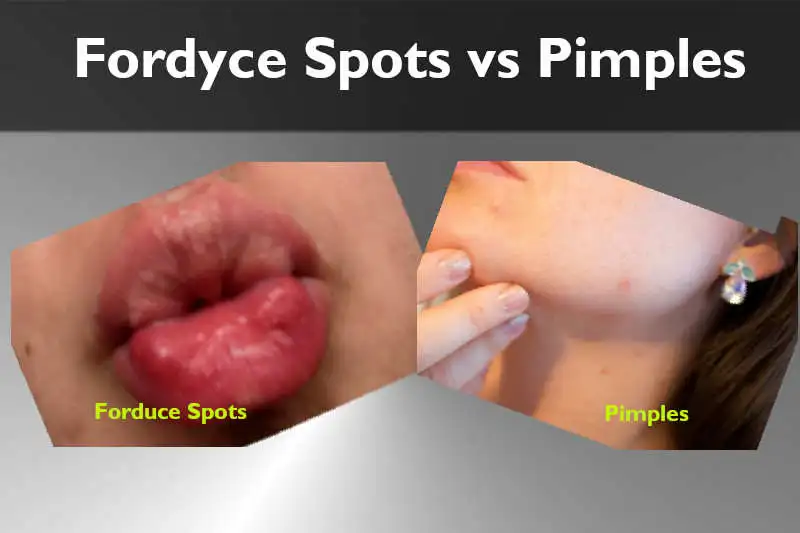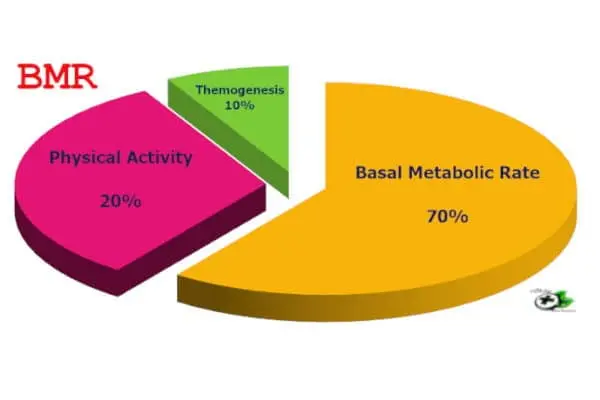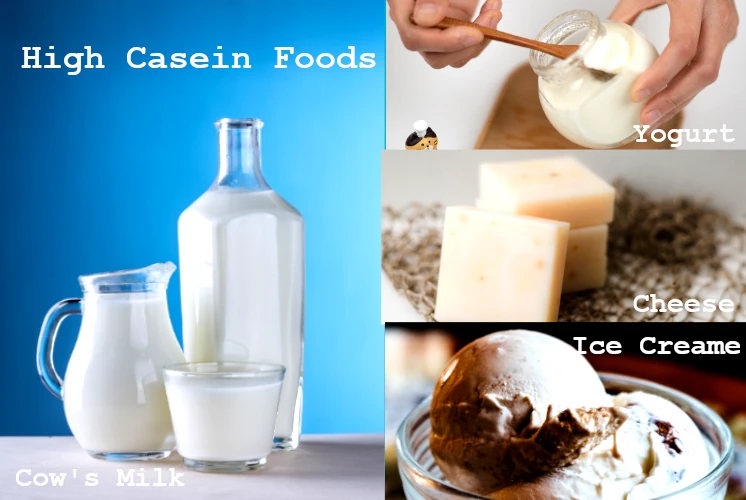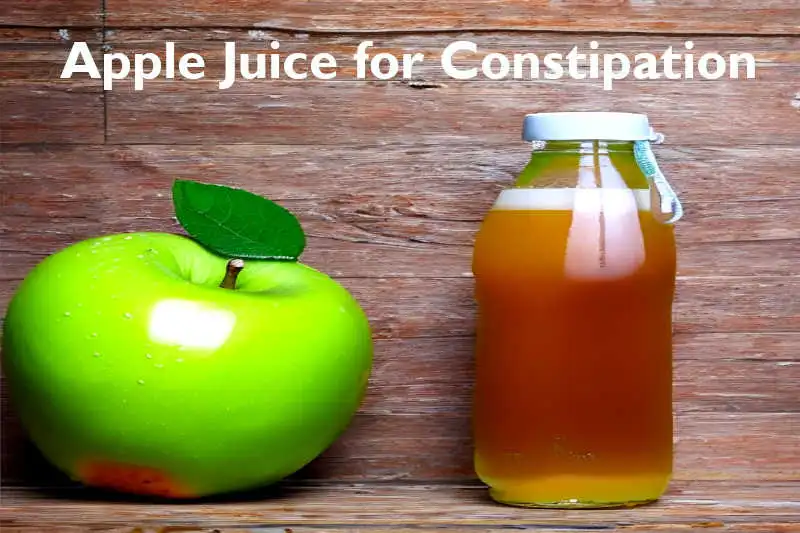12 Epsom Salt Health Benefits: Boost Your Body and Mind
Epsom salt has been used for centuries as a natural and mineral-rich remedy to treat a variety of health ailments. It gets its name from the town of Epsom in England, where it was first discovered in the bitter saline springs. Epsom salt is not a traditional salt at all but is comprised of a pure mineral compound called magnesium sulfate. This compound is made up of magnesium, sulfur, and oxygen.
Unlike regular table salt, which is sodium chloride, Epsom salt does not contain any sodium. Instead, it is an excellent source of the essential mineral magnesium. It helps regulate muscle and nerve function, blood glucose levels, blood pressure, energy production, and the management of inflammation.
Many people do not get enough magnesium from dietary sources alone since it is not found in high concentrations in most foods. Epsom salt provides a way to soak up this valuable mineral through the skin, providing a boost to overall health. From its ability to ease muscle soreness after a workout to its antibacterial properties that can help draw out a skin infection, Epsom salt offers a wide array of potential therapeutic uses.
This blog post explores the potential Epsom salt health benefits. Epsom salt is a type of mineral salt made up of magnesium and sulfate. The article provides an overview of what Epsom salt is, how it works in the body, and some of the ways it may promote health when used topically or internally. Specific health benefits that are discussed include reducing stress, relieving pain and inflammation, improving sleep, detoxification, and boosting magnesium levels. The post aims to summarize key information on Epsom Salt’s Health Benefits.
How Does Epsom Salt Differ From Table Salt?
Table salt, also known as sodium chloride, is 40% sodium and 60% chloride. It consists of positively charged sodium ions bonded to negatively charged chloride ions. Consuming too much sodium can raise blood pressure and lead to other health issues.
The major component of Epsom salt is magnesium sulfate, which consists of magnesium, sulfur, and oxygen. Unlike the chloride in table salt, the sulfur provides some antibacterial properties.
While table salt is mainly used to flavor foods, Epsom salt serves entirely different functions. It has many potential uses, from soothing aches and pains, and fighting bacterial infections, to treating minor skin conditions. The high magnesium content is what provides these health benefits.
How Epsom Salt Works
When Epsom salt is dissolved in bath water or used as a soak, the magnesium sulfate breaks apart into magnesium and sulfate ions. The theory is that these get absorbed through the skin, providing the minerals to cells throughout the body.
Magnesium plays a critical role in over 300 different enzymatic reactions and biochemical functions in the body. It helps muscles and nerves function properly. The mineral is also involved in energy production, reducing inflammation, and regulating blood pressure and blood sugar levels.
Studies suggest magnesium deficiency is relatively common since it’s not found in high levels in most foods. Epsom salt baths may be an easy way to increase magnesium levels. Research indicates that about 130-140mg of magnesium is absorbed from a 15-minute soak in an Epsom salt bath. That provides about 1/3 of the Recommended Dietary Allowance for magnesium.
Epsom Salt Health Benefits

With its high magnesium content, Epsom salt offers many potential perks:
1. Eases Stress and Improves Mood
The magnesium in Epsom salt plays a key role in regulating serotonin levels and the body’s stress response. Serotonin is a hormone associated with boosting mood, feelings of relaxation, and reducing stress.
Magnesium helps regulate the production of serotonin as well as cortisol and adrenocorticotropic hormone, which are involved in the body’s stress response system.
Many studies have reported positive effects on mood and relaxation after participants soaked in an Epsom salt bath. The magnesium absorbed through the skin may help facilitate serotonin production and control stress hormones, providing an overall easing of tension and anxiety.
2. Relieves Muscle Soreness and Cramps
The magnesium in Epsom salt is believed to help muscles fully relax after exercise by reducing inflammation and allowing lactic acid buildup to drain away. Magnesium plays an important role in muscle contraction and relaxation. It also helps regulate hydration and electrolyte balance in cells.
Many athletes report decreased muscle soreness and quicker recovery times when soaking in an Epsom salt bath after intense workouts. The theory is the magnesium absorbed during the bath helps muscles recover by relaxing muscle tissue, drawing out inflammation, and regulating fluids.
3. Helps Reduce Inflammation
Chronic inflammation is linked to numerous diseases and adverse health conditions. Given magnesium’s role in cellular functions and enzyme reactions, it may help reduce inflammatory responses in the body. There is some research showing lower markers of inflammation in magnesium-deficient people after supplementation.
Considering absorption through the skin, many people soak in Epsom salt baths for the anti-inflammatory benefits when dealing with arthritis, injuries, or chronic inflammatory disorders. Magnesium can help reduce swelling and discomfort associated with inflammatory conditions.
4. Promotes Restful Sleep

Magnesium plays a significant role in regulating sleep-wake cycles and the body’s natural circadian rhythm. It modulates levels of melatonin, a key hormone involved in sleep. Magnesium also activates the parasympathetic nervous system, inducing relaxation.
Many people struggling with sleep issues report improved sleep quality after starting a practice of taking an Epsom salt bath before bedtime. The magnesium absorbed during the bath may help regulate melatonin and relaxation hormones, allowing for deeper, more restorative sleep.
5. Improves Magnesium Levels
Magnesium deficiencies are relatively common since dietary intake is often inadequate. Stress, certain prescription drugs, aging, digestive disorders, and chronic diseases can also deplete magnesium levels.
Soaking in an Epsom salt bath provides a method to increase magnesium when oral supplements are not well tolerated. The magnesium absorbed through the skin may help correct deficiencies related to dietary restrictions, medication use, or health conditions leading to low magnesium.
6. Treats Sunburn
Sunburned skin is inflamed, irritated, and painful. An Epsom salt bath may provide comfort from sunburn pain by reducing inflammation and soothing skin.
Magnesium sulfate applied topically may help calm irritation and discomfort from sunburn. Due to its anti-inflammatory and antibacterial properties, many find wetting the skin and then applying a paste of Epsom salt mixed with water helps heal sunburn.
7. Soothes Foot Pain and Exfoliates Feet
The magnesium in Epsom salt may help relieve achy feet by relaxing muscles, drawing out inflammation, and improving circulation. The coarse salt crystals also provide exfoliation to soften rough skin and reduce calluses.
An Epsom salt foot soak can help renew tired, sore feet by reducing discomfort, exfoliating dead skin, and softening calluses.
8. Natural Exfoliant for Skin
Epsom salt’s coarse texture makes it an ideal natural exfoliant for removing dead skin cells, smoothing skin texture, and unclogging pores. It helps to maintain healthy skin.
Mixed with carrier oil or water, Epsom salt provides an economical DIY scrub. Many find massaging Epsom salt over wet skin leaves skin feeling refreshed, rejuvenated, and deeply cleansed by lifting away dull surface cells and residue after rinsing.
9. Epsom Salt for Boils
Boils are skin infections that start in an oil gland or hair follicle. They often appear as tender, red bumps that fill with pus. Epsom salt may help draw out the infection to speed healing.
Due to its antibacterial and anti-inflammatory properties, Epsom salt can be used topically to treat boils in several ways.
As an affordable home remedy, Epsom salt may help boils heal faster by reducing inflammation and drawing out the infection. Always ensure proper hygiene and medical treatment if the boil does not improve in a few days.
10. Epsom Salt Bath for UTI

A urinary tract infection (UTI) occurs when bacteria get into the urinary tract and multiply. UTIs often cause painful urination, abdominal discomfort, and an urgent need to urinate frequently. While Epsom salt does not treat the infection itself, it may provide symptomatic relief.
While Epsom salt alone cannot cure a UTI, its mineral content may help alleviate some of the painful symptoms. However, medical treatment is still required to resolve the underlying infection. Epsom salt can be a supplemental remedy for managing UTI discomfort.
11. Adds Volume to Hair
Some claim Epsom salt can add body and texture to hair by removing excess oil and product residue that weighs hair down. The minerals may also help add grit to texturize hair.
Many mix Epsom salt with conditioner and massage it into hair, allowing it to sit before rinsing for added body and bounce. The Epsom salt can remove buildup while adding texture, allowing the hair to stand up fuller.
12. Relieves Discomfort from Hemorrhoids
Epsom salt helps treat hemorrhoids. The anti-inflammatory properties provide relief when used in a sitz bath to treat hemorrhoids. The warm water and magnesium sulfate help constrict blood vessels, reduce swelling, and provide a soothing sensation.
Many add Epsom salt to a shallow bath and soak the buttocks and hips to decrease painful hemorrhoid symptoms like burning, itching, and inflammation.
Side Effects from Topical and Oral Uses
When used appropriately, Epsom salt baths do not typically cause side effects. However, improper use may lead to risks.
If ingested by mouth, Epsom salt acts as a laxative by drawing water into the intestines. Consuming it can lead to diarrhea, dehydration, and electrolyte imbalances. It should not be used as a supplement unless under medical supervision.
Some people experience skin irritation from Epsom salt baths, likely from extended exposure. Limit soaking time to 15-20 minutes maximum. Discontinue use if severe itching or a rash develops.
Safety and Precautions

While generally safe when used externally, there are some precautions regarding using Epsom salt:
- Avoid use if you have severe kidney disease, kidney failure, or are on magnesium-restricted diets. Excess magnesium can be harmful for those with renal dysfunction.
- Use caution if you have cardiovascular disease, as increased magnesium can cause arrhythmia and low blood pressure.
- Check with your doctor about potential interactions with prescription drugs including diuretics, antibiotics, and diabetes medications.
- Avoid getting salt in the eyes and rinse immediately if direct contact occurs.
- Do not leave children unsupervised in Epsom salt baths due to the risk of ingestion.
Consult a doctor before using Epsom salt medicinally if you have any ongoing health conditions or concerns.
Takeaway
Epsom salt has many purported benefits attributed to its high magnesium content. It is an affordable and accessible way to enjoy the relaxing and healing properties of magnesium without oral supplements.
Epsom salt is a mineral compound made up of magnesium, sulfur, and oxygen. It differs from regular table salt in that it provides magnesium rather than sodium. Magnesium plays many important roles in the body including regulating muscles, nerves, blood pressure, blood sugar, energy, and inflammation.
Studies show magnesium may be absorbed through the skin by soaking in an Epsom salt bath. Potential Epsom salt health benefits include easing stress, relieving muscle soreness, reducing inflammation, promoting sleep, improving magnesium levels, treating sunburns, soothing foot aches, exfoliating skin, adding volume to hair, and relieving hemorrhoid discomfort.
While usually safe with topical use, oral consumption can cause diarrhea and dehydration. Those with kidney dysfunction, heart conditions, or taking certain medications should use caution and consult a doctor before using Epsom salts medicinally. Overall, Epsom salt baths may provide therapeutic effects from the magnesium absorbed through the skin.
Source:
Noble Home Remedies adheres to rigorous sourcing standards, drawing information from peer-reviewed studies, reputable academic research institutions, and esteemed medical journals and associations. We prioritize using high-quality, trustworthy sources to maintain the accuracy and integrity of our content. You can learn more about how we ensure our content is accurate and current by reading our editorial policy.
- Epsom Salt: Benefits, Uses, and Side Effects
https://www.healthline.com/nutrition/epsom-salt-benefits-uses - Should You Take an Epsom Salt Bath?
https://health.clevelandclinic.org/7-things-you-probably-didnt-know-about-epsom-salt - Physical & Chemical Properties of Epsom Salt
https://sciencing.com/physical-chemical-properties-epsom-salt-7217842.html - Report on Absorption of magnesium sulfate (Epsom salts) across the skin
https://www.epsomsaltcouncil.org/wp-content/uploads/2015/10/report_on_absorption_of_magnesium_sulfate.pdf - Epsom Salt: Benefits, Uses, And More
https://www.forbes.com/health/wellness/epsom-salt/ - Epsom Salt Side Effects
https://www.drugs.com/sfx/epsom-salt-side-effects.html - Is Epsom Salt Really Good for Your Muscles?
https://www.drugs.com/sfx/epsom-salt-side-effects.html - Magnesium and Inflammation
https://www.biospherenutrition.co.nz/blogs/magnesium/magnesium-and-inflammation
Trust in your purchase:
Every product featured on our site has been carefully researched and selected based on quality, customer ratings, and positive reviews to ensure you receive excellent value for your money.
Please note:
This post contains affiliate links. If you make a purchase through these links, we may earn a small commission at no additional cost to you. This helps support our site and allows us to continue bringing you valuable content. Thank you!
Thank you for your precious time spent with NobleHomeRemedies.
You may also like:
Fordyce Spots vs Pimples
Fordyce Spots vs Pimples: 5 Disturbing Misconceptions Have you ever noticed small, white bumps on…
Basal Metabolic Rate Calculator
Basal Metabolic Rate Calculator: Weight Loss-5 Basic Activity Levels Many people, specifically women, consult BMR…
High Casein Foods
High Casein Foods | The Top 5 Foods with Protein Casein Most people are familiar…
Why Do I Crave Vinegar
Why Do I Crave Vinegar?: 4 Reasons for Your Tangy Cravings Why Do I Crave…
Can Coffee After Drinking Alcohol Sober You?
Drinking Coffee After Drinking Alcohol: Can It Sober You Up? When people drink alcohol, they…
Apple Juice for Constipation
Apple Juice for Constipation: Fast and Natural Solution! Dealing with constipation can be uncomfortable and…






